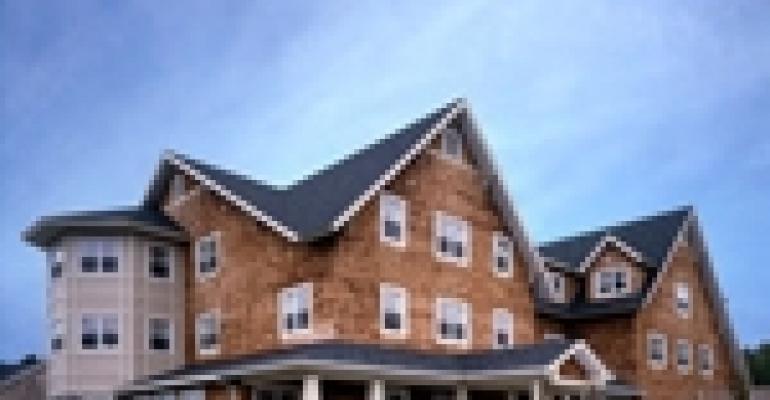
Flush with cash and buoyed by the weak dollar, Australian investors are pushing deeper into the U.S. seniors housing market. Australian-backed deals worth about $1.7 billion have closed in just the last 18 months. And more deals will follow, sources say, as property prices soften and troubled operators seek outside help in the wake of the credit squeeze.
"Our appetite for investment has not changed," says Kathryn Sweeney, managing director of U.S. Senior Housing at the GPT Group, an Australian property trust. "We consider ourselves buyers in this market."
In the last 10 months, GPT has invested $700 million with joint-venture partner Benchmark Assisted Living of Wellesley, Mass. Benchmark owns and operates 43 properties in the Northeast, mostly freestanding assisted living facilities. The funds have been used to recapitalize a portfolio of 19 properties and to purchase a 15-property portfolio.
"The seniors housing sector has a bright future and GPT liked these assets," says Benchmark chairman and CEO Tom Grape. GPT intends to grow its partnership with Benchmark, Sweeney says, adding that GPT welcomes deals with new partners, too.
Other Australian funds also are active in the U.S. seniors housing market. In a joint venture, Canadian-based Chartwell Seniors Housing and ING Real Estate have acquired 25 properties valued at approximately $900 million in the U.S. Separately, FKP Ltd. of Australia recently bought a $113 million portfolio -- its first venture into the U.S. seniors housing market.
Australian investors seek offshore opportunities for several reasons, sources say. Much of the country is uninhabitable with few opportunities for new construction. Most of the high-quality assets are already owned and rarely change hands, leaving few places to invest new money.
More importantly, in 2002, the government instituted a program that mandates a 9% contribution into a retirement fund based on an employee's annual salary. "There's a ton of money that has to be reinvested," notes Stephen Suske, vice chairman and co-CEO at Chartwell Seniors Housing based in Mississauga, Ontario.
While Australians aren't new to property investment here, they are relatively new to the seniors housing market, Suske adds. The yields in seniors housing are attractive compared with other commercial property sectors, he notes.
Australians also like the U.S. rental model with its steady stream of income and consistent growth. “Australians like the simplicity of that,” says Damian Winterburn, vice president of Heritage Green, the Orlando-based firm that represented FKP in its recent purchase.
In contrast, Australia doesn’t have a seniors housing rental product like the one here. Much of the Australian product is similar to the U.S. entrance fee model, or continuing care campus. As a result, the returns from Australian properties tend to be “lumpy," according to GPT’s Sweeney.
Across the portfolio, GPT expects a 5% to 6% return. Core Australian holdings return about 2% to 4%, so offshore properties must return something above 5%, says Sweeney. “U.S. investments in the 7% to 10% range are attractive to us.”
But GPT shies away from what Seewney calls the "bookends" of seniors housing: active adult communities, and nursing homes. GPT doesn't like skilled nursing because of the liability, and uncertainties associated with government reimbursements -- a common concern among other foreign investors.
"We stay away from medical models," Sweeney says. Also, GPT prefers primary high barrier-to-entry markets. "We are focusing on the West Coast in particular," Sweeney adds.
The credit squeeze has hurt Australian buyers, however. Purchases have slowed, Sweeney says, because sellers want too much money for their properties. "Expectations are what it's all about. Until the bid-ask spread between buyers and sellers closes, we cannot pay more than market price for properties."
Even so, look for more Australian-backed deals ahead. Chartwell and its Australian partner ING are reviewing a number of opportunities in America and Canada, according to Chartwell's Suske. "ING has a large appetite for seniors housing here.”
And according to Bruce Gibson, a broker at CB Richard Ellis in Miami who worked on the FKP transaction, the investor remains "on the hunt."

